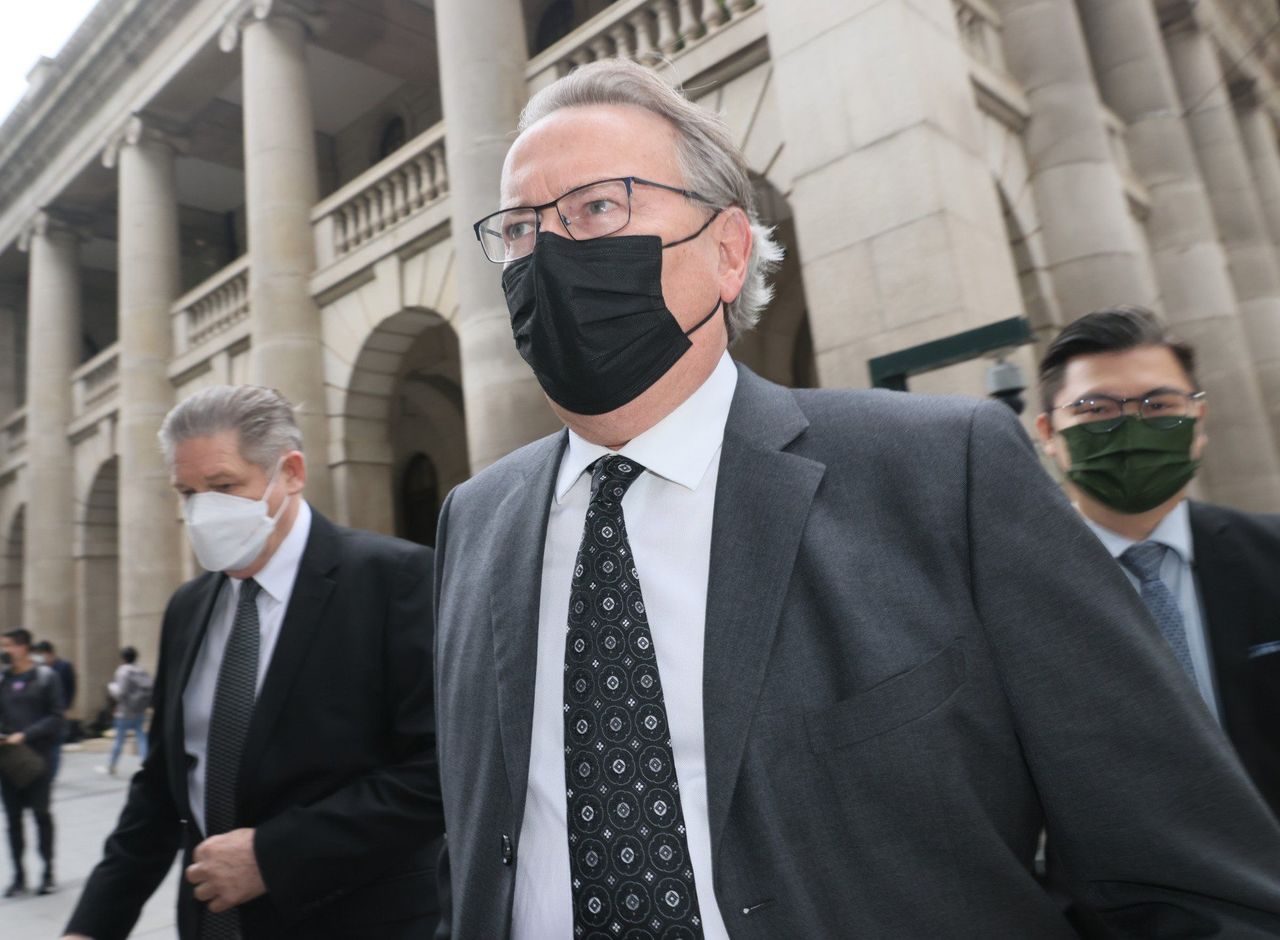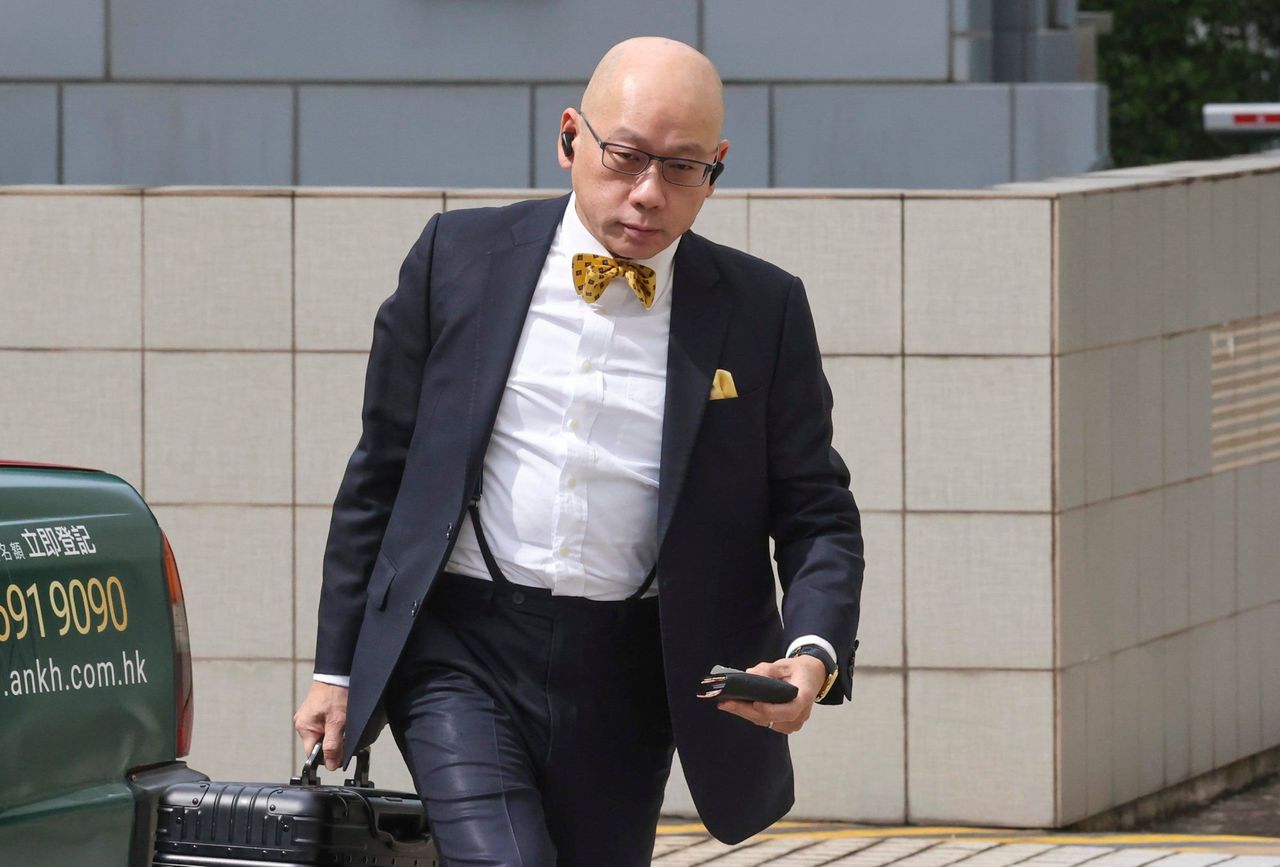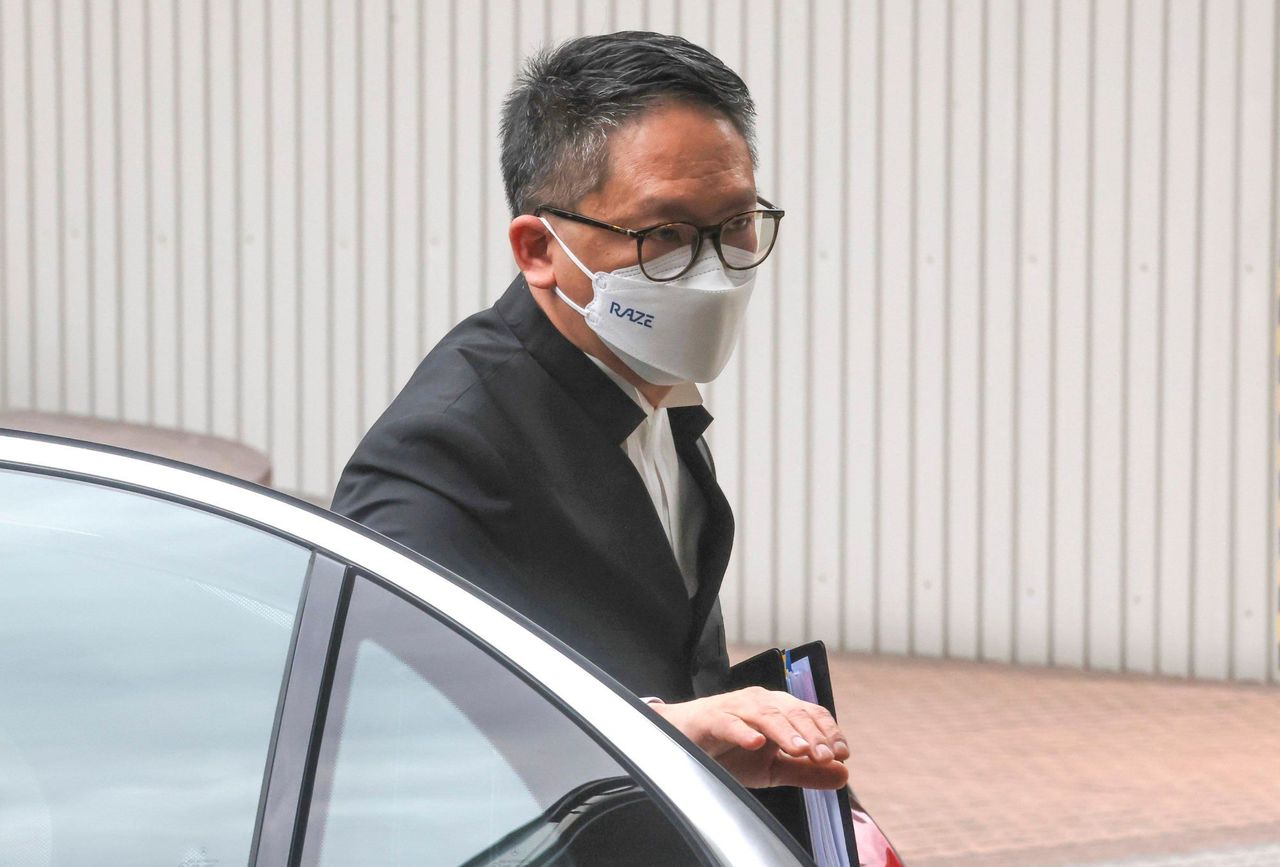Hong Kong News

Hong Kong court to rule on review of overseas lawyer in Jimmy Lai case within month
A Hong Kong court will rule within a month whether to review a decision made by the city’s national security committee to block an overseas lawyer from representing jailed media tycoon Jimmy Lai Chee-ying in a collusion trial in September.
The High Court on Friday heard arguments by Lai’s legal team, which was seeking the approval of two legal challenges, including a judicial review, against the city’s government and the Committee for Safeguarding National Security.
Senior Counsel Robert Pang Yiu-hung said the committee should be subject to a judicial review by courts for overstepping its authority by advising the Immigration Department to bar King’s Counsel Timothy Owen from representing Lai.
 King’s Counsel Timothy Owen.
King’s Counsel Timothy Owen.
But his argument was questioned by the judge, who pointed out that the national security law clearly stated that decisions made by the committee were not amenable to judicial review.
Lai, the founder of the now-defunct Apple Daily newspaper, who faces charges of sedition and conspiracy to collude with foreign forces, has been fighting a legal battle to keep Owen on his defence team.
The court approved Owen’s participation in Lai’s case in October last year, a decision upheld by the Court of Appeal and the Court of Final Appeal.
But the National People’s Congress Standing Committee, the nation’s top legislative body, subsequently handed down the first interpretation of Hong Kong’s security law in December, ruling the decision to hire overseas lawyers should be left to the city’s leader and the national security law committee.
According to court filings, the committee decided during a meeting on January 11 to request the department to reject a work visa for Owen, as allowing him to come to the city to represent Lai would likely constitute a risk “contrary to the interests of national security”.
Lai’s lawyers have since asked the court to overturn the January decision in a judicial review application, saying it falls out of the scope of powers conferred on the committee.
 Senior Counsel Robert Pang arrives at the High Court in Admiralty.
Senior Counsel Robert Pang arrives at the High Court in Admiralty.
Pang told the court the committee’s duty and functions outlined in Article 14 of the security law concerned “high-level policymaking” rather than individual cases, arguing that it had no authority to block Owen’s visa application.
The interpretation by the nation’s top legislative body states that the law’s committee should evaluate and make decisions if the city courts failed to ask for a certificate from the chief executive allowing a foreign barrister to represent a defendant in a case concerning national security.
Pang said the wording of the interpretation indicated that the committee’s powers should not exceed the role of a backstop, and therefore it was not supposed to ask the department to block Owen’s visa.
His argument was questioned by Chief Justice of the High Court Jeremy Poon Shiu-chor, who noted the provisions of the national security law suggested that the committee’s powers were not limited to simply certifying a question.
Poon also asked how a city court could overturn a committee decision when Article 14 of the law clearly suggested that its work was not under review by the judiciary.
In response, Lai’s counsel insisted the judiciary must be able to step in and adjudicate if the committee overstepped its powers, such as by deciding that “everyone in this room is a threat to national security and should be locked up for the rest of his life”.
“If the court cannot step in, nobody can step in to say that is unlawful,” Pang said.
Senior Counsel Rimsky Yuen Kwok-keung, representing the government at Friday’s hearing, said Pang had given a “misleading” example, pointing out in his submission that the committee was under supervision of the central government according to Article 12 of the national security law.
 Senior Counsel Rimsky Yuen arrives at the High Court in Admiralty.
Senior Counsel Rimsky Yuen arrives at the High Court in Admiralty.
Yuen said Lai’s legal team had adopted a “restrictive and artificial” scope of the committee’s duties and functions which should be viewed in a broader sense, citing press releases by central authorities and a speech in January by Xia Baolong, the director of the Hong Kong and Macau Affairs Office.
Yuen added that the drafters of Hong Kong’s security law from the nation’s top legislative body had taken the city’s legal system into account when they included a clause that shielded the committee’s decisions from judicial review.
He argued the court should not grant leave to the application as the city’s courts had no jurisdiction to review the committee’s decisions, saying the national security legislation should prevail over any common law approach in conflict.
As the committee was not liable to disclose its rationale behind its decisions, he said the judiciary would not be able to properly conduct a judicial review even if it had the jurisdiction to do so.
Poon said at the end of the proceedings that the ruling would be handed down in a month taking into account the importance of the case.











